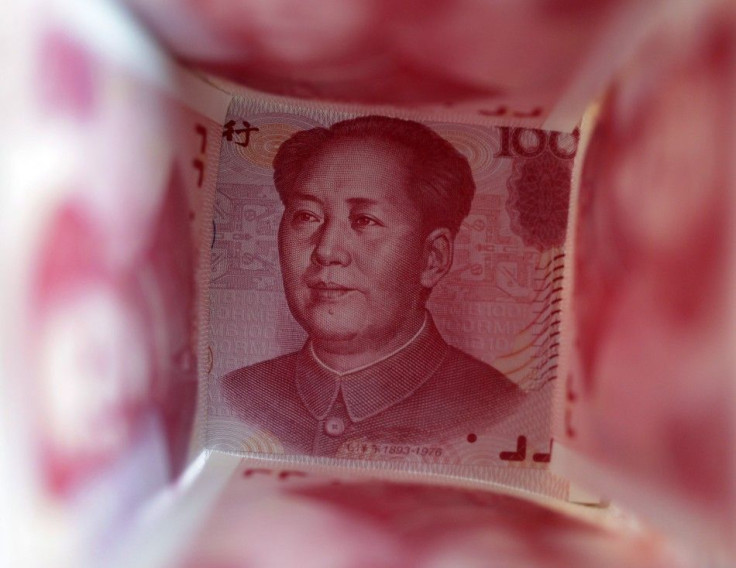China Pushes Plan To Boost International Use Of Yuan

China is pushing forward with a plan to make the yuan a more widely used currency in the global economy, potentially resulting in its accounting for up to 10 percent of international reserves within a few years.
According to Dai Xianglong, the head of China's national pension fund and a former governor of the Chinese central bank, internationalization of the yuan would be a stabilizing influence on the global economy.
Speaking Tuesday at the Boao forum on China's Hainan Island, a yearly meeting of world leaders to discuss the Asian economy, Dai cautioned that the process should be measured and gradual.
The proposal comes as Western sanctions push Iran to trade more with China and accept yuan as payment for Iranian oil. Those transactions, among other developments, are helping broaden the use of the Chinese currency around the world.
According to Dai, who is chairman of the National Council for the Social Security Fund, internationalizing the yuan will proceed in three ways: first, by making it more popular as a means of settlement in global trade; second, by speeding up convertibility of yuan capital accounts, making the yuan an investable currency; and third, by continuing reforms of exchange rates and interest rates.
Yuan Interest Abroad
China first announced to the International Monetary Fund in 1996 that it would begin allowing exchanges for yuan-denominated current accounts. At that time, the government estimated a 10-year transition before allowing exchanges of yuan capital accounts. The Asian financial crisis of 1997 and the global financial crisis that began in 2008 slowed down that process.
Following China's announcement of yuan exchange-rate reform in 2005, the currency has risen 31.4 percent against the U.S. dollar. That same year, Beijing began pushing to trade with major international partners in yuan.
In January, China and the United Arab Emirates agreed to a three-year currency swap for 35 billion yuan ($5.5 billion). This followed currency swap agreements China had already signed in 2011 with Thailand, worth $11 billion, and South Korea, worth $57 billion. In February, Turkey also agreed to a three-year swap that's worth $1.6 billion.
Japan's government agreed in March to buy 65 billion yuan or $10.3 billion of China's government debt. Also last month, Nigeria, Africa's most populous country, bought $500 million worth of yuan for its foreign-currency reserves.
Iran Trading
European and U.S. sanctions against Iran may also be boosting use of the yuan by the Islamic republic. Due to being locked out of Western financial systems, Iran has sought out other currencies with which to conduct its lucrative oil trade. In August 2010, Iran agreed to trade with Russia, India and South Korea in their respective currencies.
The Iranian government recently proposed using the yuan in oil trading with China, which would help ease financial pressure on Tehran. China buys 20 percent of Iran's oil exports.
Banking giant HSBC issued a study in 2010 estimating that half of China's trade with other emerging markets by 2015 will be conducted using the yuan -- valued around $2 trillion. That would make the yuan the world's third-biggest trading currency after the dollar and the euro.
© Copyright IBTimes 2024. All rights reserved.





















